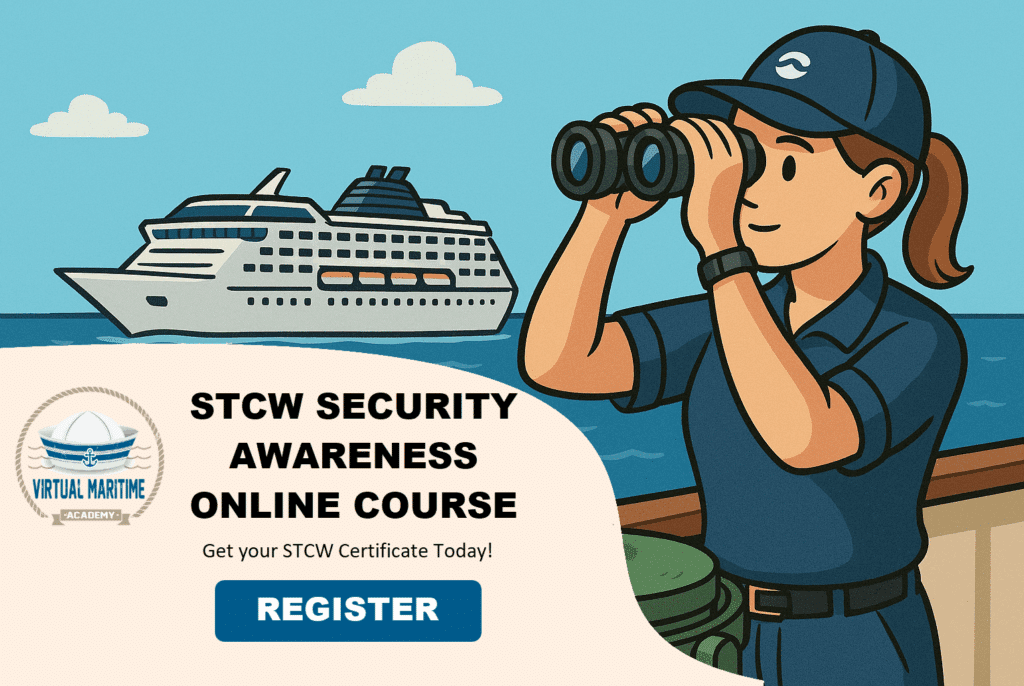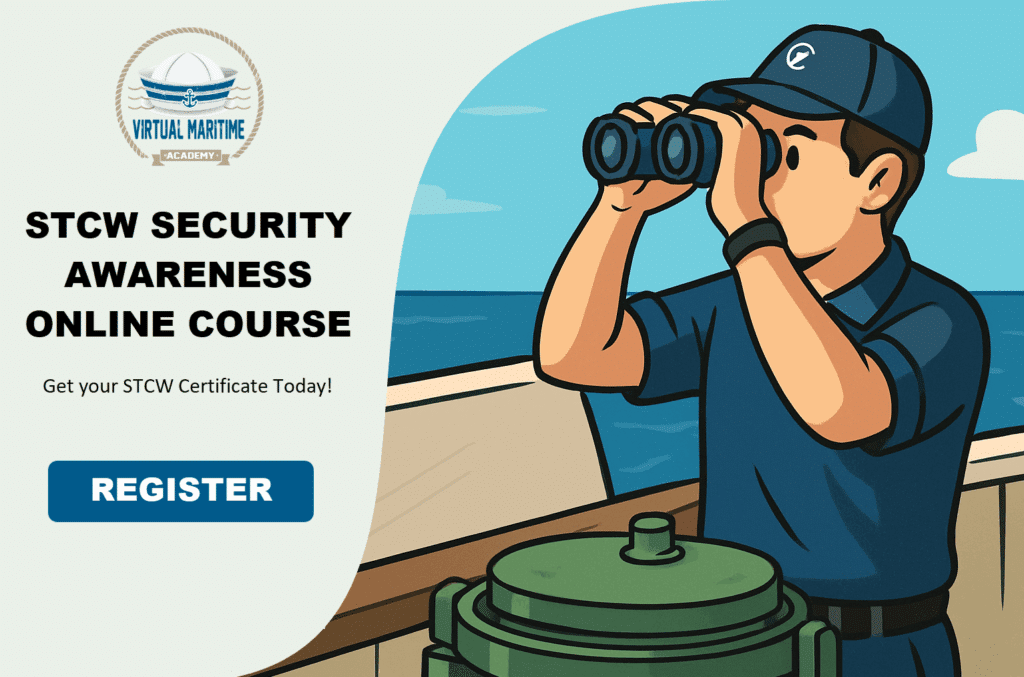Understanding the Maritime Labour Convention
The Maritime Labour Convention (MLC), established in 2006 by the International Labour Organization (ILO), aims to ensure comprehensive rights and protection for all maritime workers. Referred to as the seafarers’ bill of rights, the MLC sets international legal standards for decent work conditions aboard ships, covering areas such as working hours, health and safety, living accommodations, and social security. The MLC’s main goal is to guarantee that all ships comply with the standards to protect seafarers’ rights globally and to level the playing field for countries and shipowners committed to providing decent conditions for seafarers.
Key Areas of Compliance
In order to adhere to the MLC standards, there are several critical areas ship operators must focus on:
Minimum Age
The MLC mandates that seafarers must be at least 16 years old, ensuring that under-aged individuals are not exposed to the demanding and potentially hazardous environment of maritime labor.
Medical Certification
All seafarers must be medically certified as fit for work, which involves comprehensive health checks that ascertain their ability to perform duties safely.
Working Hours and Rest Periods
Regulations on working hours and rest periods are critical to preventing fatigue and ensuring the health and safety of seafarers. The MLC specifies maximum working hours and minimum rest hours which have to be scrupulously monitored and recorded.
Living Accommodations
The convention outlines standards for onboard living accommodations, including requirements for space, food, water, and sanitation, aimed at ensuring that living conditions promote seafarers’ physical and mental well-being.
Payment of Wages
MLC ensures that seafarers are compensated for their on-board service. It emphasizes timely payment of wages, which should be done at least monthly and requires seafarers to have the ability to transfer their earnings back home.
Implementing Compliance
Compliance with the MLC is not just about adhering to its regulations but involves proper documentation, regular inspections, and continuous improvement to adapt to new challenges and regulations. Here are essential steps toward implementation:
Internal Company Audit
Ship operators must regularly conduct comprehensive internal audits of their policies and operations to ensure they meet MLC standards. These audits help identify any discrepancies between the company’s practices and MLC requirements.
Training and Awareness
Ensuring that all maritime staff are aware of their rights under the MLC is crucial. It is equally important that they are trained on how to maintain these standards in their daily operations. Continuous training programs and updates in response to new regulations or non-compliances are key.
External Inspections and Certifications
Ships are subject to inspections by flag state authorities (the state under whose laws the ship is registered) and port state controls. Compliance with MLC standards is verified through these inspections, which result in certification when standards are met. Non-compliance can lead to detention of the ship until issues are corrected.
Maintaining Records
Keeping thorough records is essential for proving compliance in the event of an inspection. This includes documentation of working hours, rest periods, wage payments, medical certifications, and crew complaints procedures.
Challenges in Enforcing Compliance
Enforcing MLC compliance worldwide poses numerous challenges, from dealing with diverse legal systems and varying levels of economic development among ILO member countries to ensuring consistency across an industry that operates across international waters. Addressing these challenges requires international cooperation, stringent enforcement of the laws by flag states, and punitive measures for those who violate MLC standards.
As globalization continues to increase, so does the importance of ensuring the well-being of seafarers whose efforts support crucial global economic activities. Better compliance with the Maritime Labour Convention not only ensures the health and safety of seafarers but also promotes fairness and competition in the shipping industry, further reinforcing the significance of these global standards.











